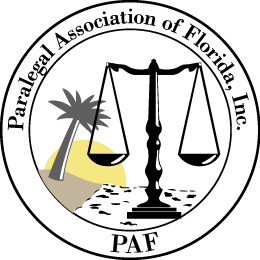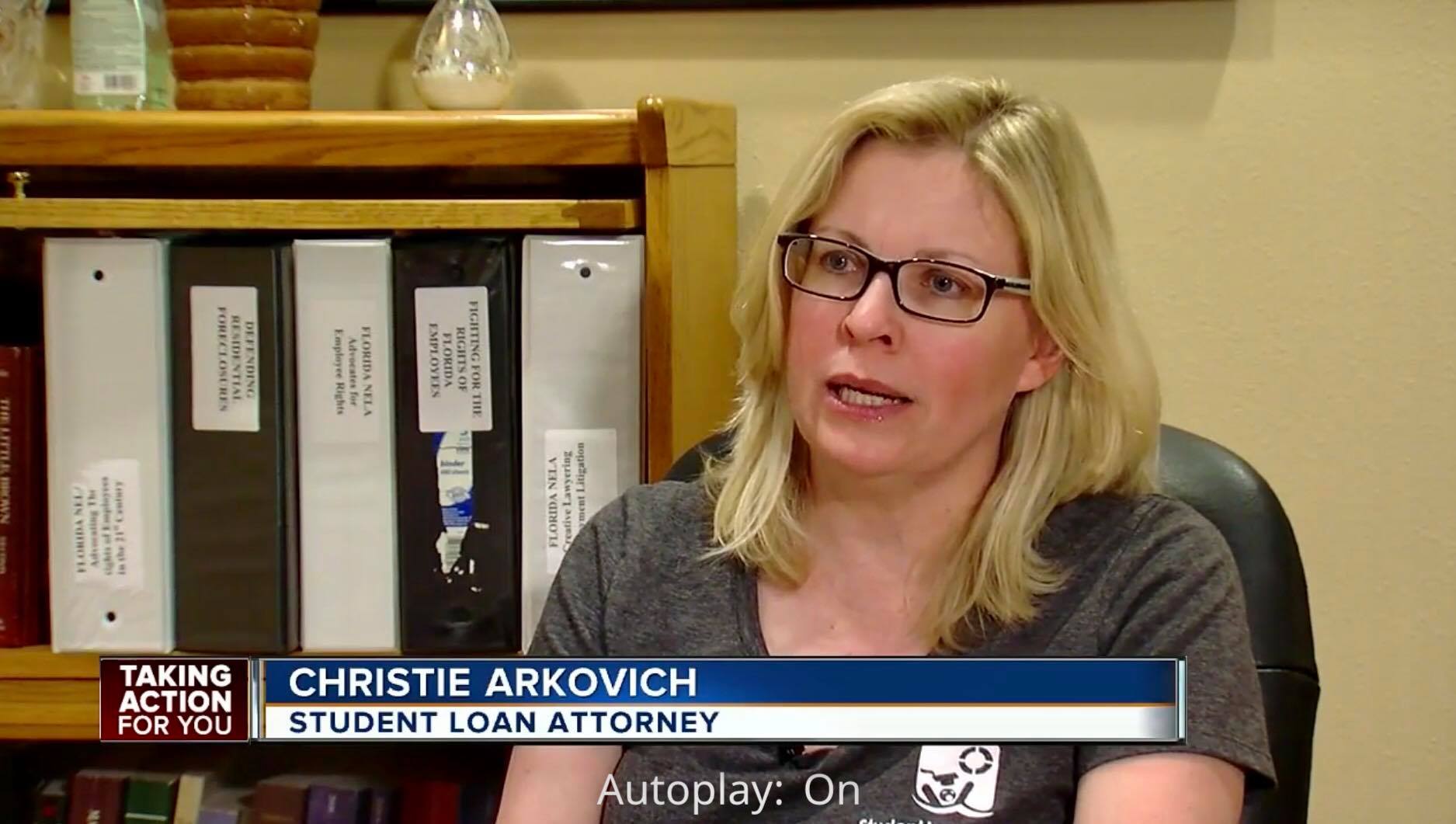 We’ve noticed over the past few months that some of our clients and many other borrowers have been reporting that they are having no luck getting their federal loans in forbearance after they’ve filed a Borrower Defense to Repayment (“BDTR”) application. These forbearances are simple to request and are supposed to be automatic. Basically, you check a box requesting the forbearance in the application. The DOE is supposed to automatically grant the forbearance while the review is under way – a process that may take a year or even longer.
We’ve noticed over the past few months that some of our clients and many other borrowers have been reporting that they are having no luck getting their federal loans in forbearance after they’ve filed a Borrower Defense to Repayment (“BDTR”) application. These forbearances are simple to request and are supposed to be automatic. Basically, you check a box requesting the forbearance in the application. The DOE is supposed to automatically grant the forbearance while the review is under way – a process that may take a year or even longer.
However, under Secretary DeVos’ watch, the BDTR department has basically been gutted, with only a handful of people working to process what appears to be approximately 1200 claims received per week. So the work isn’t getting done.
So who’s responsibility is this to make sure the borrower is being placed on forbearance as they should – DOE, the servicer (such as Navient, AES, Great Lakes, FedLoan, Nelnet), or both? That is the question we are now looking into.
 Reboot Your Life: Tampa Student Loan and Bankruptcy Attorney Blog
Reboot Your Life: Tampa Student Loan and Bankruptcy Attorney Blog









